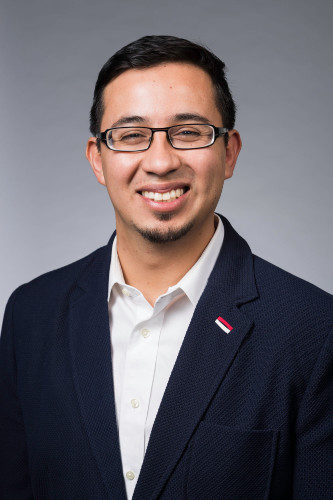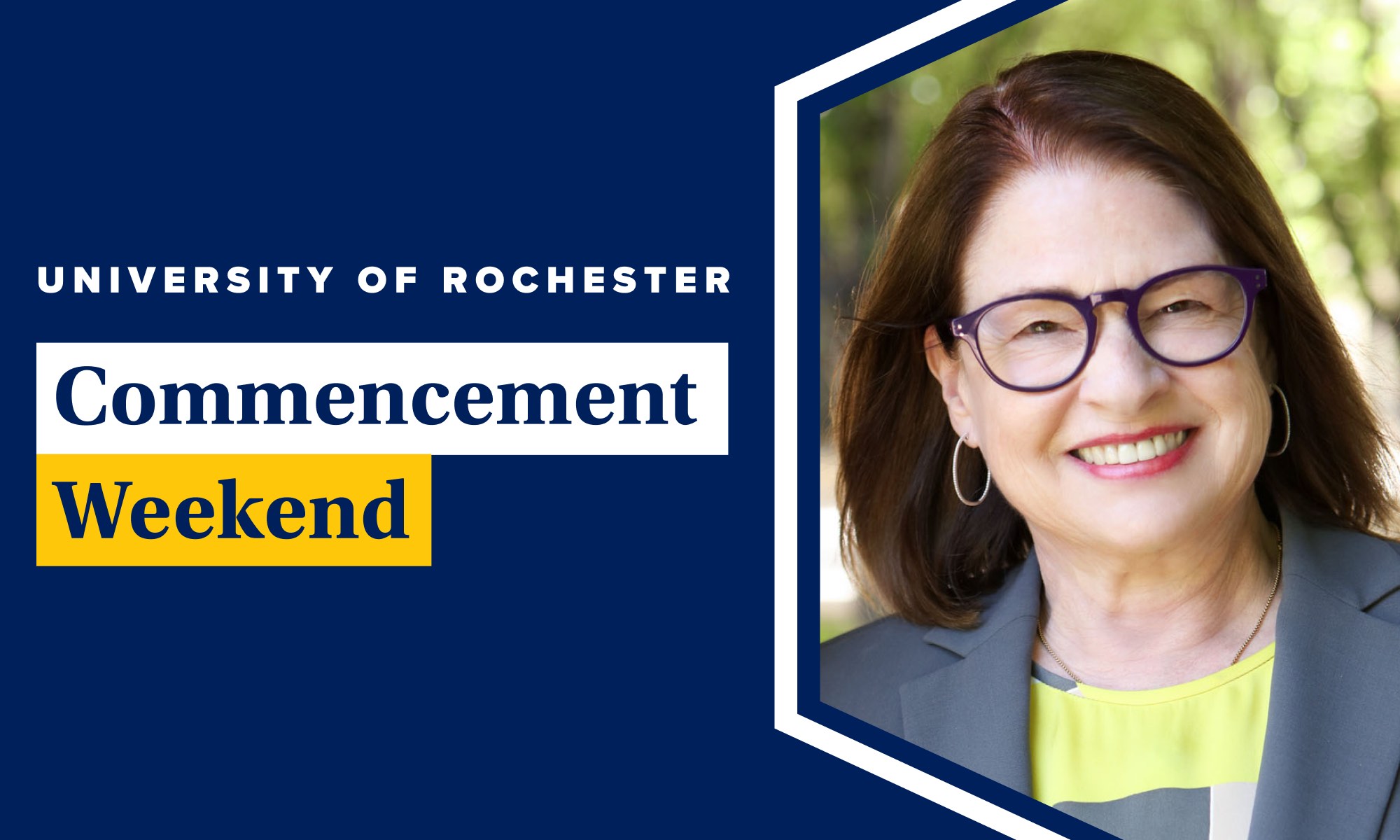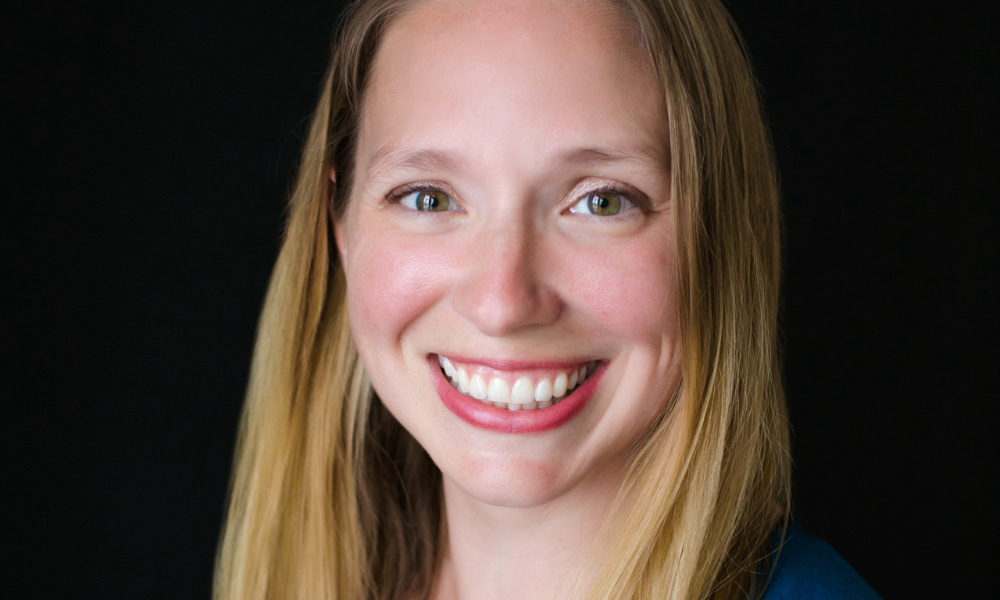
Pablo Miguel Sierra Silva, an assistant professor of history, is the first recipient of the President’s Ferrari Humanities Research Award, an award endowed by University of Rochester Trustee Bernard T. Ferrari ’70, ’74M (MD) and his wife, Linda Gaddis Ferrari.
The $25,000 annual award promotes and supports humanities research among tenured and tenure-track faculty across Arts, Sciences & Engineering who are affiliated with the University’s Humanities Center.
The first award will support research for Sierra Silva’s forthcoming book, In the Wake of the Raid: Piracy, Captivity and the 1683 Raid on Veracruz. When pirates raided the port city on the Gulf of Mexico, overcoming Spanish military defenses, they kidnapped 1,463 people in Veracruz—including the entire population of people of African descent—and later sold them to slave masters in St. Domingue (now Haiti) and in Charleston, South Carolina. This capture and dispersal of people has never been studied, Sierra Silva says. “Retracing their movements and experiences is an exercise in imagination and silences. How scholars—and we, as members of society—remember the raid forces us to consider whose records we read and whose ‘voices’ we recall.”
“Professor Sierra Silva proposes to explore issues that are critically important for how we view our world today, including race and the disruption of commerce,” says Gloria Culver, dean of the School of Arts & Sciences. “This is a very exciting proposal for a strong, innovative, and ambitious second book project. It involves a level of depth in thinking and questioning that seems completely fitting for this research award.”
Sierra Silva’s study will focus on the residents of Veracruz and their forced migration to Haiti and South Carolina between 1683 and 1700. The first two locations present particular research difficulties because no local, 17th-century records survive. “Instead, the history of the 1683 raid can only be reconstructed externally, by weaving together fragments of testimony from a handful of European and Caribbean archives,” he says.
He’ll conduct research at the Archives Nationales d’Outremer in Aix-en-Provence, France; the National Maritime Museum in London; and the Archive of the Indies in Seville, Spain. He’s hopeful that his research will also lead to new archival discoveries in the Dominican Republic’s Archivo General de la Nación.
“Such a multi-site research project will require two to three years of work and would only be possible with the generous support of the Ferrari Award,” Sierra Silva says. The National Endowment for the Humanities has also supported the project.
Joan Shelley Rubin, the Dexter Perkins Professor in History and the Ani and Mark Gabrellian Director of the Humanities Center, says of her colleague: “He possesses the gift that makes pathbreaking historical writing possible: an eye for the revealing episode, for the meanings concealed in commonplace events, and, as he says, in ‘silences.’”
The Ferraris—longtime supporters of the humanities at Rochester—created the annual award to recognize a creative research approach that either builds on previously published work or charts a new direction for new publication. The dean of the faculty of Arts, Sciences & Engineering, the dean of the School of Arts & Sciences, and the director of the Humanities Center make up the selection jury, while the University president makes the final award decision.
In 2012, the Ferraris established the Ferrari Humanities Symposia to broaden the liberal education of the University’s undergraduates, enhance the experience of graduate students, and expand the connections of University faculty with other scholars from around the world. The symposia focus on the 14th through 17th centuries. Keynote speakers have included such scholars as Stephen Greenblatt, Anthony Grafton, and Jane Tylus.
Sierra Silva joined Rochester’s faculty in 2013 and is the director of undergraduate studies for the history department. He earned his PhD in global history at the University of California, Los Angeles, and is the author of Urban Slavery in Colonial Mexico: Puebla de los Ángeles, 1531–1706 (Cambridge University Press, 2018).
Rubin says Sierra Silva “exemplifies the qualities that we hope the Humanities Center, and the humanities at the University of Rochester more generally, help to nurture: critical thinking, compassion, empathy, and a commitment to diversity and inclusion—qualities especially important at this time of crisis.”



